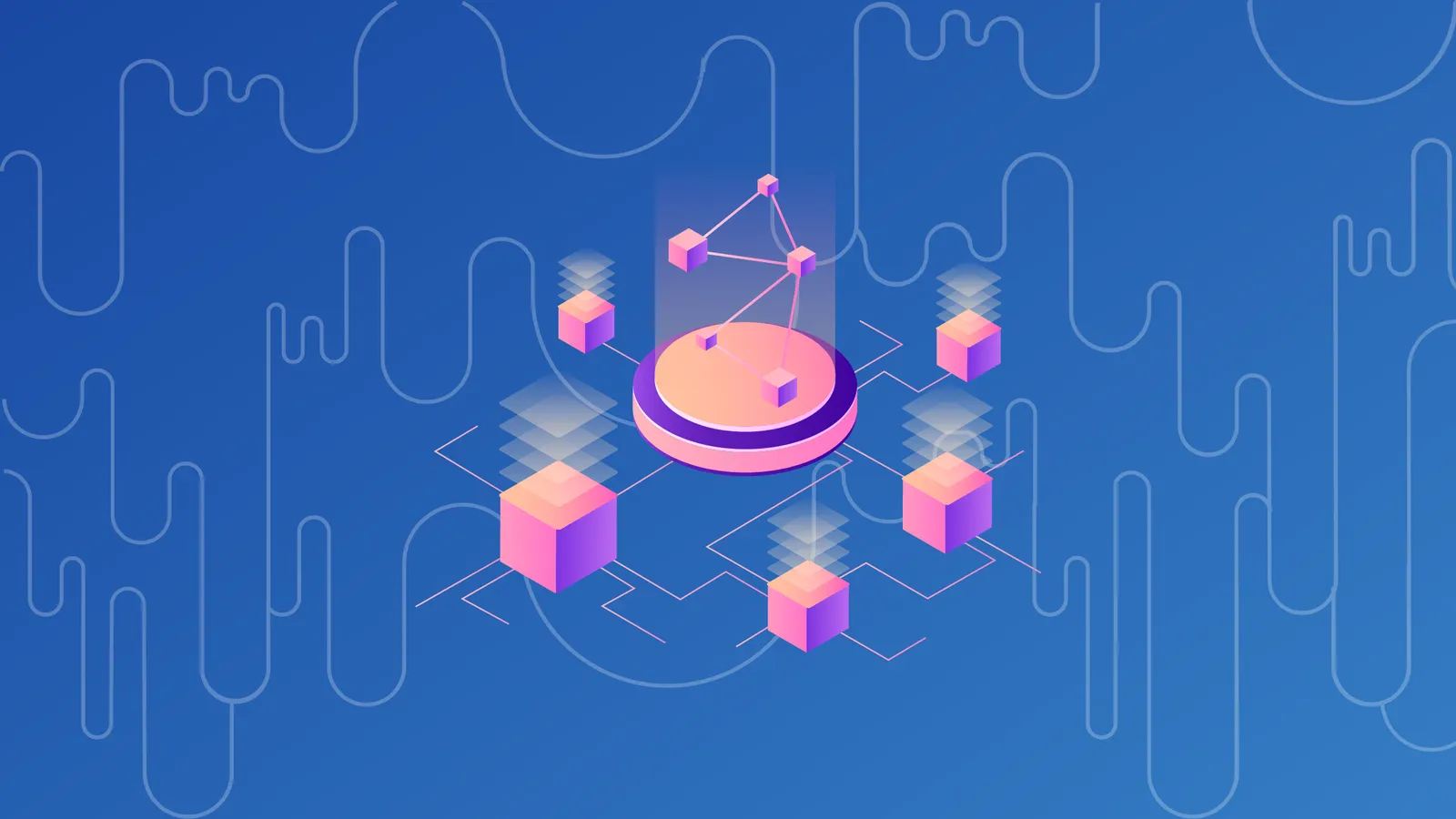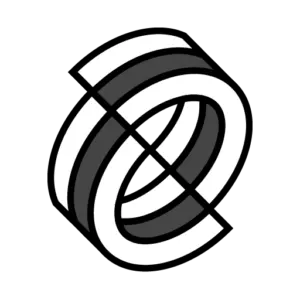Following Holograph’s testnet deployment, the Holograph app went live on the Ethereum, Avalanche, and Polygon public blockchains in January 2023. By April 2023, over 100,000 multichain collections had been minted via Holograph. On April 25, 2023, Holograph released their very first Multichain Open Edition collaboration with artist Dan Witz. On April 27th, Holograph added an integration for BNB Chain. Holograph has announced plans to release further collaborative Open Editions with notable artists, typically featuring a 48-hour purchase window.
How To Mint a Holographic NFT
While there are well known creatives that are creating NFTs on Holograph, you don’t need to be a famous artist to participate — anyone can mint a Holographic NFT. Further, their minting is designed to be simple and straightforward for anyone with basic computer skills. Let’s run through the minting process.
- Connect your MetaMask wallet to the Holograph app. If you don’t have this wallet, you can download MetaMask for free.
- Create a collection by naming the collection and designating a collection ticker, choosing the token type (ERC-721 on Ethereum, for example), and setting the royalty percentage.
- To create an NFT for a collection, simply provide an NFT name, NFT description, and list the creator. A compatible image file format (GIF, PNG, or JPEG) for an Holographic NFT can simply be selected via your computer.
- At this point, you should make sure you have some crypto on your MetaMask wallet. This is needed to pay for NFT deploying, minting, and bridging. If you don’t have any crypto on your wallet, you’ll need to transfer some to MetaMask prior to creating a Holograph Open Edition.
- With crypto in place, you can choose to deploy your NFT on one or more blockchain protocols. If you want the ability to bridge your NFT later, you need to deploy your NFT on multiple chains at this time.
- Following deployment, you can click “View NFTs” and then mint your NFT. Congrats, you have now minted an NFT which can be viewed in your wallet, on the Holograph app, or via another NFT marketplace.
Once you have minted your Holographic NFT(s), you have the option to bridge your NFT(s) to another chain as well. You just have to select the destination chain and then choose the NFTs you would like to bridge over. If you have accrued secondary sales royalties, you can also withdraw them to your associated wallet via the Holograph app.
Holograph’s Multichain NFT Trajectory
Having already added a fifth chain (Optimism) to their list of compatible chains, Holograph is likely to add future blockchain integrations that are compatible with the Ethereum Virtual Machine (EVM).The addition of other EVM-compatible chains will build upon Holograph’s multichain origins. Its goal is to allow its community to decide which chains it will utilize. With Holograph’s multichain optionality and easy-to-use app, it’s likely to continue gaining market share and adoption within the burgeoning NFT sector that is expanding beyond the horizons of the Ethereum NFT ecosystem.
Cheat Sheet:
- The Holograph app went live in January 2023, allowing anyone to create natively multichain NFTs.
- With crypto in your MetaMask wallet, you can use the Holograph app to natively deploy a Holographic NFT on multiple blockchains, allowing you to bridge the NFT between blockchains.
- Holograph currently (June 2023) supports NFTs on five blockchains, with additional chain support expected to be continually released over time.
Brought to you by Holograph.xyz
Learn More about partnering with Decrypt.


